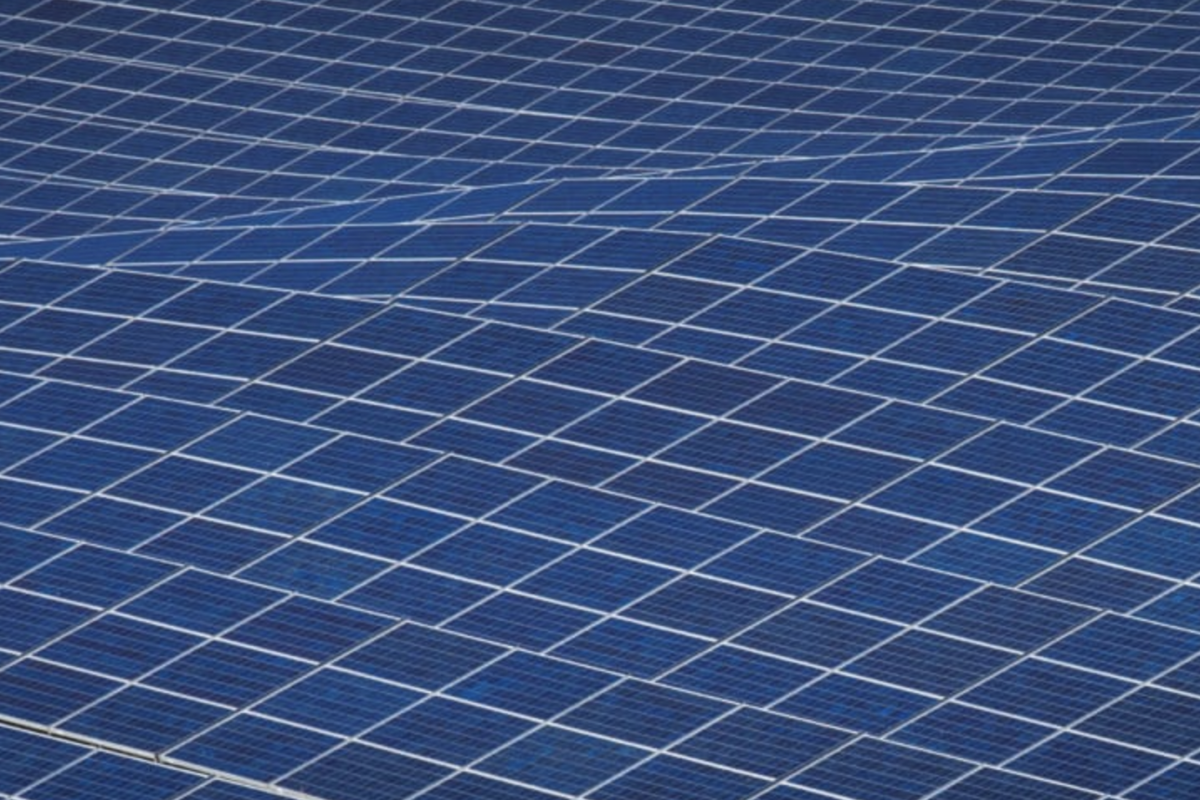From pv magazine India
The Union Cabinet chaired by Indian Prime Minister Narendra Modi has approved an extension of the national production-linked incentive (PLI) scheme to include advanced battery storage manufacturing.
The scheme, with an outlay of INR18100 crore ($2.5 billion), will incentivize global and domestic companies to build 50 GWh of cumulative advanced chemistry cell (ACC) capacity and 5 GWh of “niche” ACC production facilities in India. The fiscal incentives are proposed under the umbrella initiative of the National Programme on Advanced Chemistry Cell (ACC) Battery Storage, which aims to reduce India’s ACC import dependence.
While several companies have already started investing in battery packs in India, there is still negligible investment in ACC manufacturing. As a result, India has to meet all of its ACC demand through imports.
Globally, manufacturers are investing in ACC battery storage technologies at a commercial scale, as demand for such batteries is expected to boom through 2030. This is due to the robust growth of electric vehicles, advanced electricity grids, and rooftop solar.
Under the PLI scheme, India will provide incentives to domestic and global companies setting up ACC battery manufacturing plants. The manufacturers will be selected through a transparent, competitive bidding process.
The selected bidders will have to commit to set up ACC manufacturing facilities of a minimum 5 GWh to 20 GWh. They will also need to ensure a minimum of 60% domestic value addition at the project level within five years. The manufacturing facilities will have to be commissioned within two years. The incentives will be disbursed after that over periods of five years.
This copy was amended on 14/05/21 to reflect the budget for the PLI scheme is the equivalent of $2.5 billion, rather than $2.5 million, as previously stated. It was further amended on 17/05/21 to give the value of the budget in Indian rupees.
This content is protected by copyright and may not be reused. If you want to cooperate with us and would like to reuse some of our content, please contact: editors@pv-magazine.com.




By submitting this form you agree to pv magazine using your data for the purposes of publishing your comment.
Your personal data will only be disclosed or otherwise transmitted to third parties for the purposes of spam filtering or if this is necessary for technical maintenance of the website. Any other transfer to third parties will not take place unless this is justified on the basis of applicable data protection regulations or if pv magazine is legally obliged to do so.
You may revoke this consent at any time with effect for the future, in which case your personal data will be deleted immediately. Otherwise, your data will be deleted if pv magazine has processed your request or the purpose of data storage is fulfilled.
Further information on data privacy can be found in our Data Protection Policy.